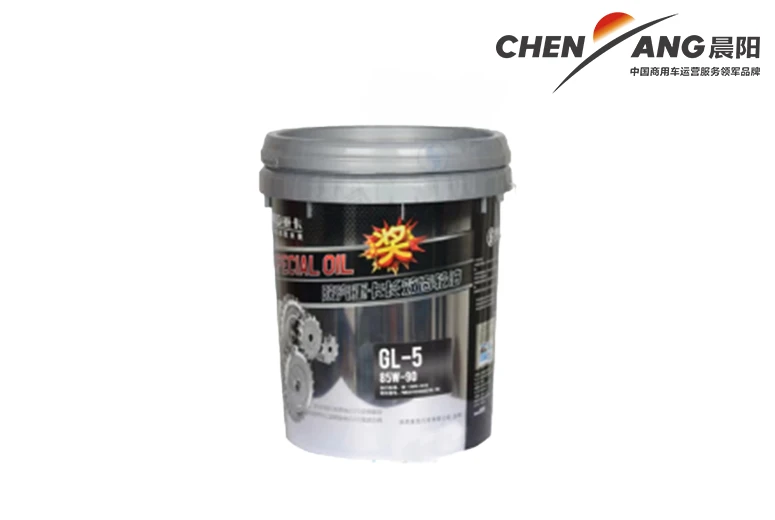Understanding Automatic Transmission Fluid and Its Importance for Vehicle Performance
Understanding Auto Transmission Oil Essential for Vehicle Longevity
When it comes to vehicle maintenance, the importance of auto transmission oil cannot be overstated. Often overshadowed by engine oil, transmission fluid plays a crucial role in ensuring a car's performance and longevity. This article delves into the significance of auto transmission oil, its functions, types, and how to maintain it for optimal vehicle health.
What is Auto Transmission Oil?
Auto transmission oil, or transmission fluid, is a specialized lubricant designed to facilitate the smooth operation of a vehicle's transmission system. The transmission is responsible for shifting gears, which allows the vehicle to speed up or slow down efficiently. Transmission fluid not only lubricates the moving parts within the transmission but also cools the system and serves as a hydraulic fluid, enabling the automatic transmission to function properly.
Functions of Transmission Fluid
1. Lubrication Just like engine oil, transmission fluid reduces friction among the various components in the transmission, minimizing wear and tear. This lubrication is essential to prevent overheating and ensure smooth gear shifts.
2. Cooling Automatic transmissions generate heat during operation. The transmission fluid absorbs this heat, preventing the system from overheating, which could lead to significant damage.
3. Hydraulic Power In automatic transmissions, the fluid acts as a hydraulic medium. It facilitates the engagement and disengagement of clutches and bands, allowing smooth gear transitions.
4. Cleaning Over time, debris and contaminants can accumulate in the transmission. Transmission fluid contains detergents that help keep the system clean by suspending these particles, preventing clogs and maintaining optimal performance.
Types of Transmission Fluids
Transmission fluids come in various types, each designed for specific vehicles and transmission systems. The most common types include
- Dexron A widely used fluid in many General Motors vehicles, Dexron formulations have evolved over the years (Dexron II, III, VI). It's important to use the correct version for optimal performance.
auto transmission oil

- Mercon Developed by Ford for its automatic transmissions, Mercon fluids, like Dexron, have various formulations and grades.
- CVT Fluid Continuously Variable Transmissions (CVTs) use specialized fluids that differ significantly from traditional transmission oils, focusing on the unique operational needs of CVTs.
- Dual Clutch Transmission (DCT) Fluid These fluids are engineered for dual-clutch systems, which combine manual and automatic transmission features. They must handle specific requirements regarding temperature and friction.
Maintaining Transmission Fluid
To ensure your transmission runs smoothly and efficiently, regular maintenance of the transmission fluid is essential. Here are some tips for maintaining your auto transmission oil
1. Check Fluid Levels Make it a habit to regularly check your transmission fluid level. Most vehicles come with a dipstick for this purpose. Low fluid levels can cause overheating and transmission failure.
2. Monitor Color and Odor Healthy transmission fluid is typically bright red and has a slightly sweet aroma. If the fluid appears dark brown or smells burnt, it may be time for a change.
3. Change Intervals Follow your vehicle manufacturer's recommendations for fluid change intervals. Generally, it's advisable to change the fluid every 30,000 to 60,000 miles, but this can vary based on driving conditions and the type of transmission.
4. Professional Servicing While DIY maintenance is possible, some tasks require professional expertise. Consider having your transmission system checked and serviced by a mechanic, especially if you notice any issues such as slipping gears or unusual noises.
Conclusion
Auto transmission oil is an essential component that significantly influences a vehicle's performance, efficiency, and lifespan. Understanding its functions, types, and maintenance needs can empower vehicle owners to keep their transmissions in optimal condition. Whether you're a car enthusiast or a casual driver, prioritizing transmission fluid maintenance can save you from costly repairs and ensure a smoother ride. Remember, a well-maintained transmission is key to a reliable vehicle, so take the time to give it the attention it deserves!
-
Hydraulic Lock Assembly for SHACMAN Truck Parts – Durable & ReliableNewsJul.28,2025
-
SINOTRUK HOWO 84 Electric Dump Truck for Eco-Friendly Heavy HaulingNewsJul.26,2025
-
The Fast 16-Gear Manual Transmission Assembly for Heavy TrucksNewsJul.25,2025
-
Mercedes Benz Actros 1848 42 Tractor Truck for Sale - Reliable PerformanceNewsJul.24,2025
-
High-Quality Water Pump Assembly for Sinotruk Trucks – Durable & ReliableNewsJul.23,2025
-
Premium Truck Engine Antifreeze Coolant Fluid for Heavy Duty VehiclesNewsJul.22,2025
Popular products

























